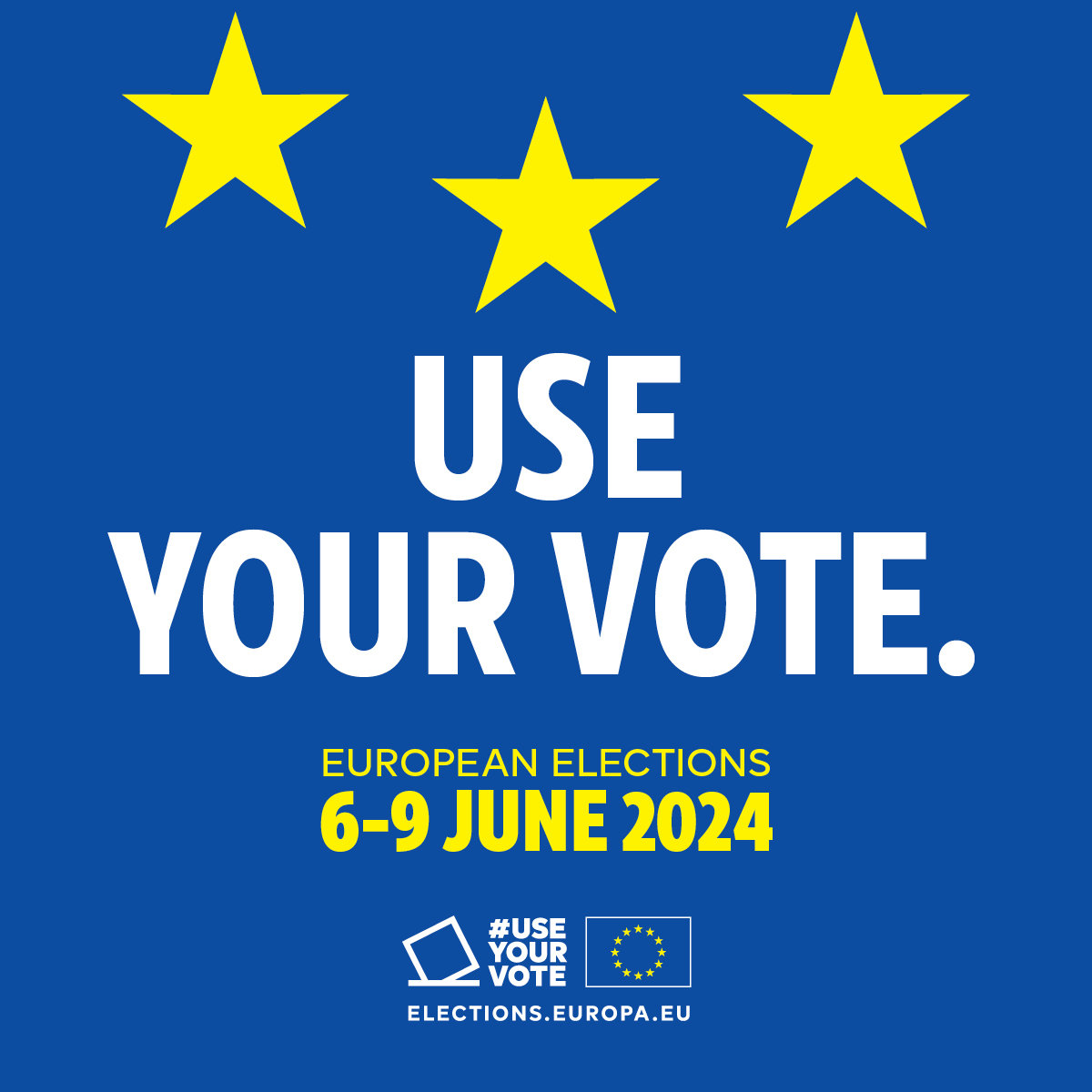BRUSSELS: Polls opened on Sunday in 20 European Union countries, from Sweden and Lithuania in the north to Portugal and Cyprus in the south, as voters choose their representatives for the next five-year term of the European Parliament, amid concern that a likely shift to the political right will undermine the ability of the world’s biggest trading bloc to take decisions as war rages in Ukraine and anti-migrant sentiment mounts.
Citizens will cast ballots to elect 720 members of the European Parliament. Seats in the assembly are allocated based on population, ranging from six in Malta or Luxembourg to 96 in Germany.
Official results of the elections, which are held every five years and began in the Netherlands on Thursday, cannot be published before the last polling stations in the 27 EU nations close — those in Italy at 11 p.m. Unofficial estimates are due to trickle in from 1615 GMT.
An unofficial exit poll on Thursday suggested that Geert Wilders’ anti-migrant hard right party should make important gains in the Netherlands, even though a coalition of pro-European parties has probably pushed it into second place.
Since the last EU election in 2019, populist or far-right parties now lead governments in three nations — Hungary, Slovakia and Italy — and are part of the ruling coalition in others, including Sweden, Finland and, soon, the Netherlands. Polls give the populists an advantage in France, Belgium, Austria and Italy.

German Chancellor Olaf Scholz, right, and lead candidate Katarina Barley wave to supporters during the closing rally campaign for the European Parliament election of the German Social Democrats (SPD) in Duisburg, Germany, on June 8, 2024. (AP)
The elections come at a testing time for voter confidence in a bloc of some 450 million people. Over the last five years, the EU has been shaken by the coronavirus pandemic, an economic slump and an energy crisis fueled by the biggest land conflict in Europe since the Second World War.
The polls also mark the beginning of a period of uncertainty for the Europeans and their international partners. Beyond the wrangling to form political groups and establish alliances inside parliament, governments will compete to secure top EU jobs for their national officials.
Chief among them is the presidency of the powerful executive branch, the European Commission, which proposes laws and watches to ensure they are respected. The commission also controls the EU’s purse strings, manages trade and is Europe’s competition watchdog.
Other plum posts are those of European Council president, who chairs summits of presidents and prime ministers, and EU foreign policy chief, the bloc’s top diplomat.
EU lawmakers have a say on legislation ranging from financial rules to climate or agriculture policy. They also approve the EU budget, which apart from funding the bloc’s political priorities bankrolls things like infrastructure projects, farm subsidies or aid delivered to Ukraine.
But despite their important role, political campaigning often focuses on issues of concern in individual countries rather than on broader European interests. Voters routinely use their ballots to protest the policies of their national governments.

Graphic urging voters to take part in the election. (X: @Europarl_EN)
Surveys suggest that mainstream and pro-European parties will retain their majority in parliament, but that the hard right, including parties led by politicians like Wilders or France’s Marine Le Pen, will eat into their share of seats.
The biggest political group – the center-right European People’s Party (EPP) – has already edged away from the middle ground, campaigning on traditional far-right issues like more security, tougher migration laws, and a focus on business over social welfare concerns.
Much may depend on whether the Brothers of Italy — the governing party of populist far-right Prime Minister Georgia Meloni, which has neo-fascist roots — stays in the more hard-line European Conservatives and Reformists, or becomes part of a new hard right group that could be created in the wake of the elections. Meloni also has the further option to work with the EPP.
The second-biggest group — the center-left Socialists and Democrats — and the Greens refuse to align themselves with the ECR. A more dire scenario for pro-European parties would be if the ECR joins forces with Le Pen’s Identity and Democracy to consolidate hard-right influence.
Questions remain over what group Hungarian Prime Minister Viktor Orbán’s staunchly nationalist and anti-migrant Fidesz party might join. It was previously part of the EPP but was forced out in 2021 due to conflicts over its interests and values.
The EPP has campaigned for Ursula von der Leyen to be granted a second term as commission president but nothing guarantees that she will be returned even if they win. National leaders will decide who is nominated, even though the parliament must approve any nominee.































